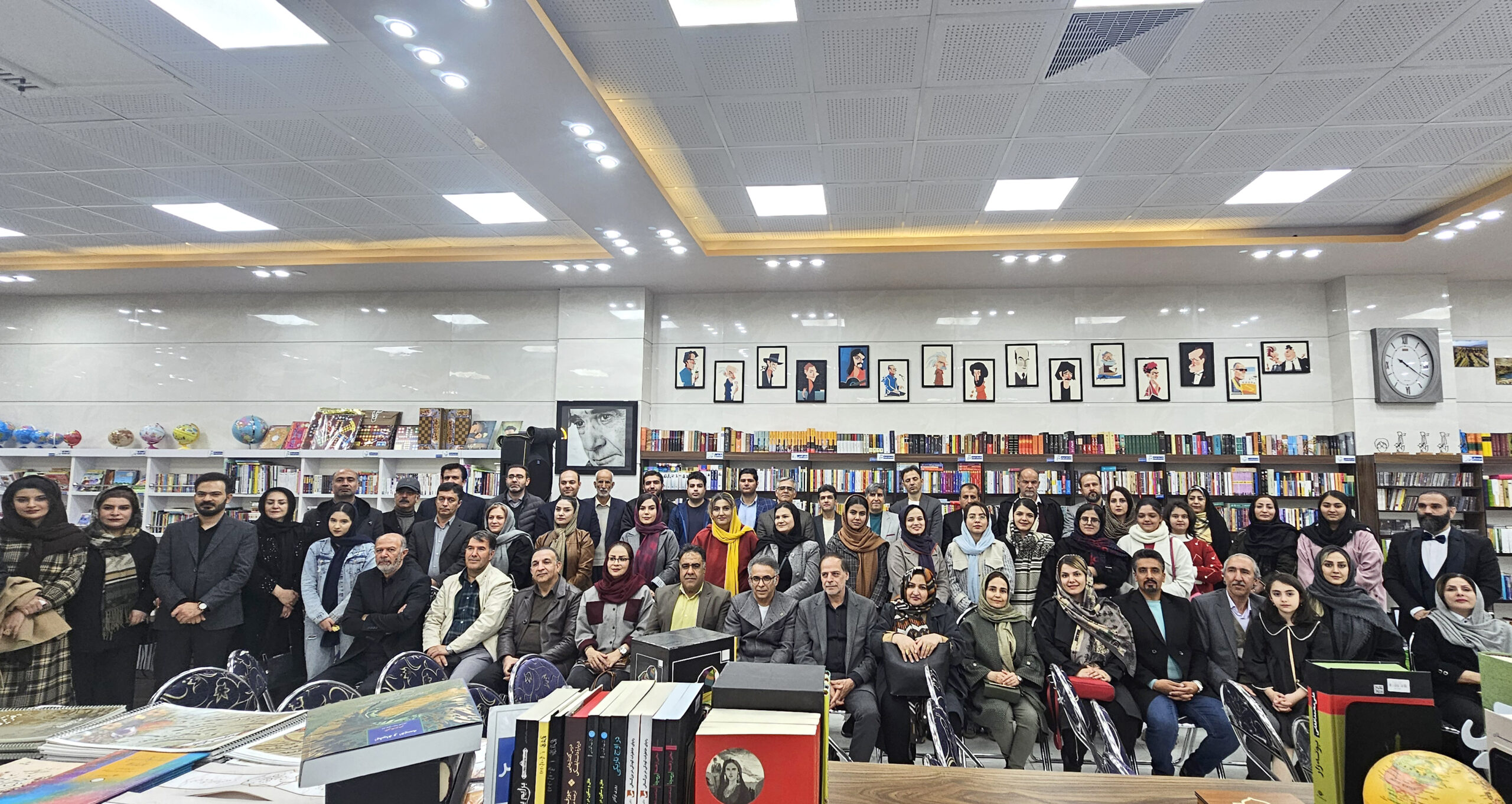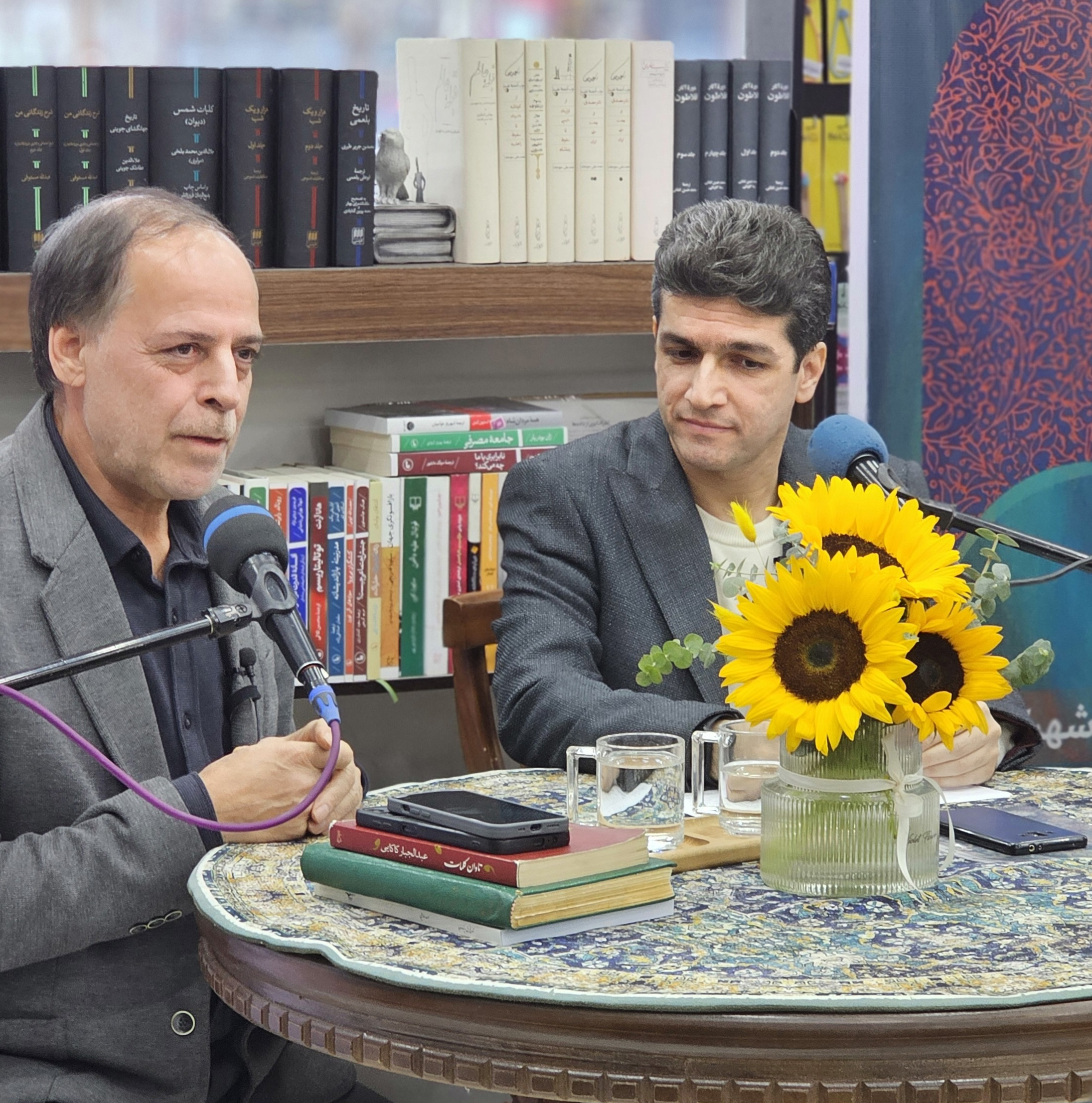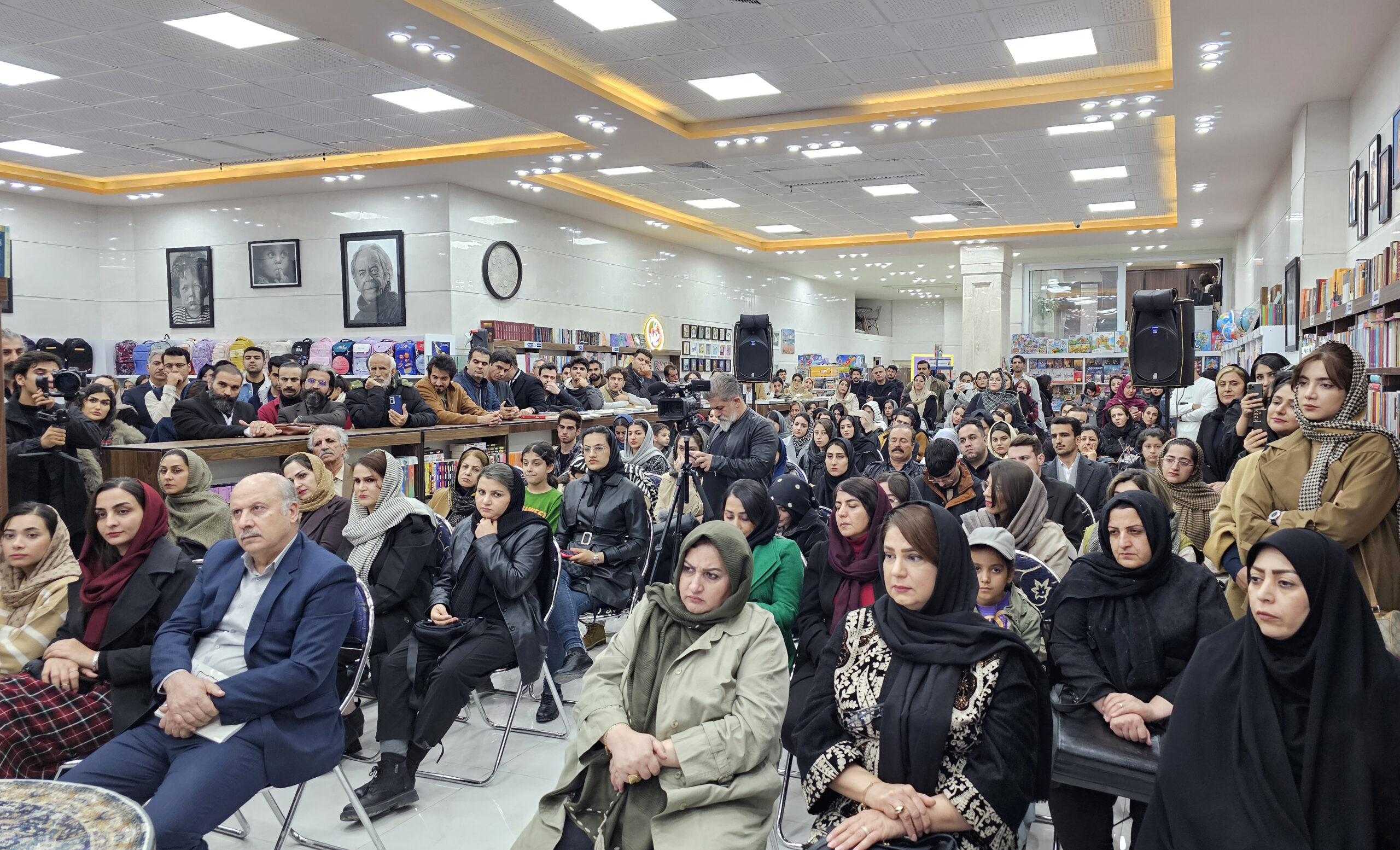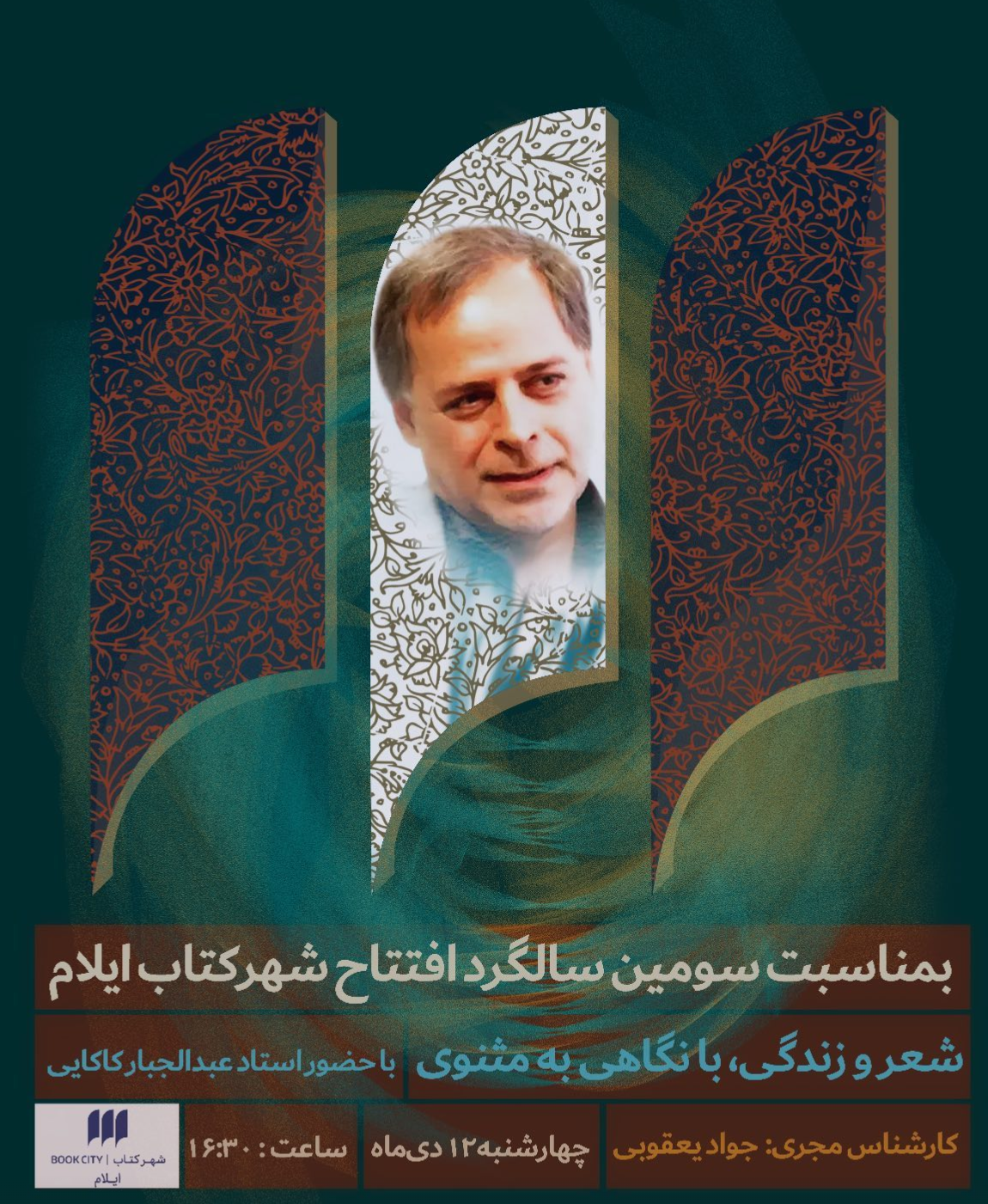









The celebrated Iranian poet, Abdul Jabbar Kakaee, recently returned to his hometown, the beautiful city of Ilam, and was met with an overwhelmingly warm reception at the third-anniversary celebration of Ilam Book City. This event wasn’t just a local gathering; it was a testament to the deep love Iranians have for poetry and literature, and the high esteem they hold for this beloved poet.
You might be wondering, “What does this have to do with Moodle?” Well, Moodle isn’t just a platform for studying; it’s a space for your holistic growth. Engaging with culture and art, especially the rich tapestry of Persian and Kurdish poetry, broadens your horizons, sharpens your aesthetic sensibilities, and helps you see the world with a more open and profound perspective.
What Happened at the Event?
According to news reports, Ilam Book City marked its third anniversary on a delightful Wednesday afternoon, January 1st, 2025 (Dey 12th, 1403 in the Persian calendar). The celebration brought together a vibrant community of poets, writers, and passionate literature enthusiasts.
Speech on Masnavi and Childhood Memories: In the first part of the event, Professor Kakaee delivered an engaging and insightful speech exploring the mystical and human dimensions of poetry in Rumi’s Masnavi. He then shared cherished memories of his childhood and youth in Ilam, emphasizing the vital connection between poetry and local culture.
Persian and Kurdish Poetry Recitation: Later, Professor Kakaee captivated the audience with passionate readings of his Persian and Kurdish poems. The event was further enhanced by a soulful Santur performance by the talented artist, Subhan Momeni.
“Qalaqiran” Poem: Ilam’s Symbol, Poetry’s Heart: Responding to popular demand, Professor Kakaee recited one of his most beautiful Kurdish poems, “Qalaqiran.” This poem resonated with intense emotion and fervor, referencing Mount Qalaqiran, a prominent symbol of Ilam province. A video of this recitation quickly went viral online, receiving widespread attention from both the public and media outlets. “Qalaqiran” is more than just a poem; it’s an expression of the poet’s deep love for his homeland and a tribute to Ilam’s culture and identity.
Private Gathering with Intellectuals: On the evening of January 2nd, a more intimate gathering took place at the Book City, bringing together Ilamian poets, artists, and intellectuals. Ms. Shakiba Azizbeigi, the manager of Ilam Book City, welcomed the attendees and presented a report on the Book City’s efforts to promote literature and reading culture. Professor Kakaee, along with Dr. Habib Bakhshoudeh and Mr. Farhad Shahmoradian, recited poetry, accompanied by the enchanting Tanbur music of Ms. Mahsa Lotfi, creating a deeply moving atmosphere.
“Qalaqiran”: A Poem Paying Homage to a Friend and a Culture
Interestingly, the poem “Qalaqiran” was written back in 2007 and is dedicated to the Kurdish poet from Ilam, Vali Mohammad Omidi. Professor Kakaee was deeply inspired at the time by Omidi’s powerful imagery and indigenous imagination, and he wrote this poem as a tribute to him, celebrating his romantic and epic narratives.
Translation of “Qalaqiran”: Sorrow That Rises Up
To give you a deeper sense of this beautiful poem, here’s an English translation:
Its hills have knelt down,
Like a child in a vast meadow,
On all fours,
Circling around it;Valleys,
Like silent graves,
Where red tulips
Gleam brightly;Qalaqiran,
The sorrow-swollen wound of Ilam,
That has risen high;Clouds lean
On the fringe of its shawl,
And trees
Breathe fresh air
In the shade of its hands;By the soul of your fair and intoxicated sons,
Who sing songs,
Guns in hand,By the soul of your beautiful, dark-skinned daughters,
Who in a mystical dance,
Are immersed in blood;The wounds of my soul
Have opened their eyes,
Like caves
That have opened their mouths;Ancient mountains
Stand firm
Around us,
Green and uplifted,
Hand on each other’s shoulder,Ready to dance and whirl,
To wave a handkerchief
And stir the dust
Into passion;One step forward,
Two steps back,
Dust
Rises into the air,But I do not know
Why we are at war
With ourselves,
Like those
Who in the Anar valley
Are attached
To a futile task;Vali Mohammad,
Last night in my dream I saw you,
Reciting a mournful poem
Like smoke
Rising from a pipe,
Flowing from your tongue:“Like Khosrow,
In the spell of the cup,
My soul
Revolves around Ilam;”To whom shall I say
That every night
Until dawn
In this poem
I am caught
In the torment of troubled sleep;A flame
Beckons me into itself
And burns me,
Like tobacco in a pipe
That draws
Fire into itself.
Analyzing “Qalaqiran”: A Portrait of Pain and Hope
“Qalaqiran” is a poem that is both highly visual and deeply emotional. Kakaee uses Mount Qalaqiran as a symbol of Ilam province and its rich, often turbulent history. He employs the language of nature to express the sorrows, pains, and also the hope and resilience of the people of Ilam.
Powerful Imagery: The poet uses vivid and tangible images to bring Mount Qalaqiran to life. Hills kneeling, valleys like silent graves, red tulips, clouds leaning on the mountain’s shawl, trees breathing in its shade – all these images convey a sense of presence and majesty of the mountain.
Expressing Pain and Suffering: The line “Qalaqiran / The sorrow-swollen wound of Ilam / That has risen high” powerfully voices the historical pain and suffering of the people of Ilam. Mount Qalaqiran here is not just a mountain but an embodiment of pain and sorrow that has risen and stood tall.
Hope and Resilience: Alongside the imagery of pain, hope and resilience also permeate the poem. References to “fair and intoxicated sons” and “beautiful dark-skinned daughters” “with guns in hand” and “immersed in blood” depict the courage, bravery, and fighting spirit of the people of Ilam. Similarly, the “ancient mountains” that “stand firm” and are “ready to dance and whirl” symbolize the enduring nature and steadfastness of Ilam’s culture and identity.
Connection to Vali Mohammad Omidi: The concluding section of the poem reveals the deep connection between the poet and Vali Mohammad Omidi. Dreaming of Omidi and hearing a mournful poem from his lips highlights Omidi’s profound influence on Kakaee. In essence, “Qalaqiran” is not just a poem about a mountain and Ilam, but also a poem about friendship, influence, and paying tribute to an artist and a culture.









Tags: Anniversary, ilam, Ilam BookCity, Poetry